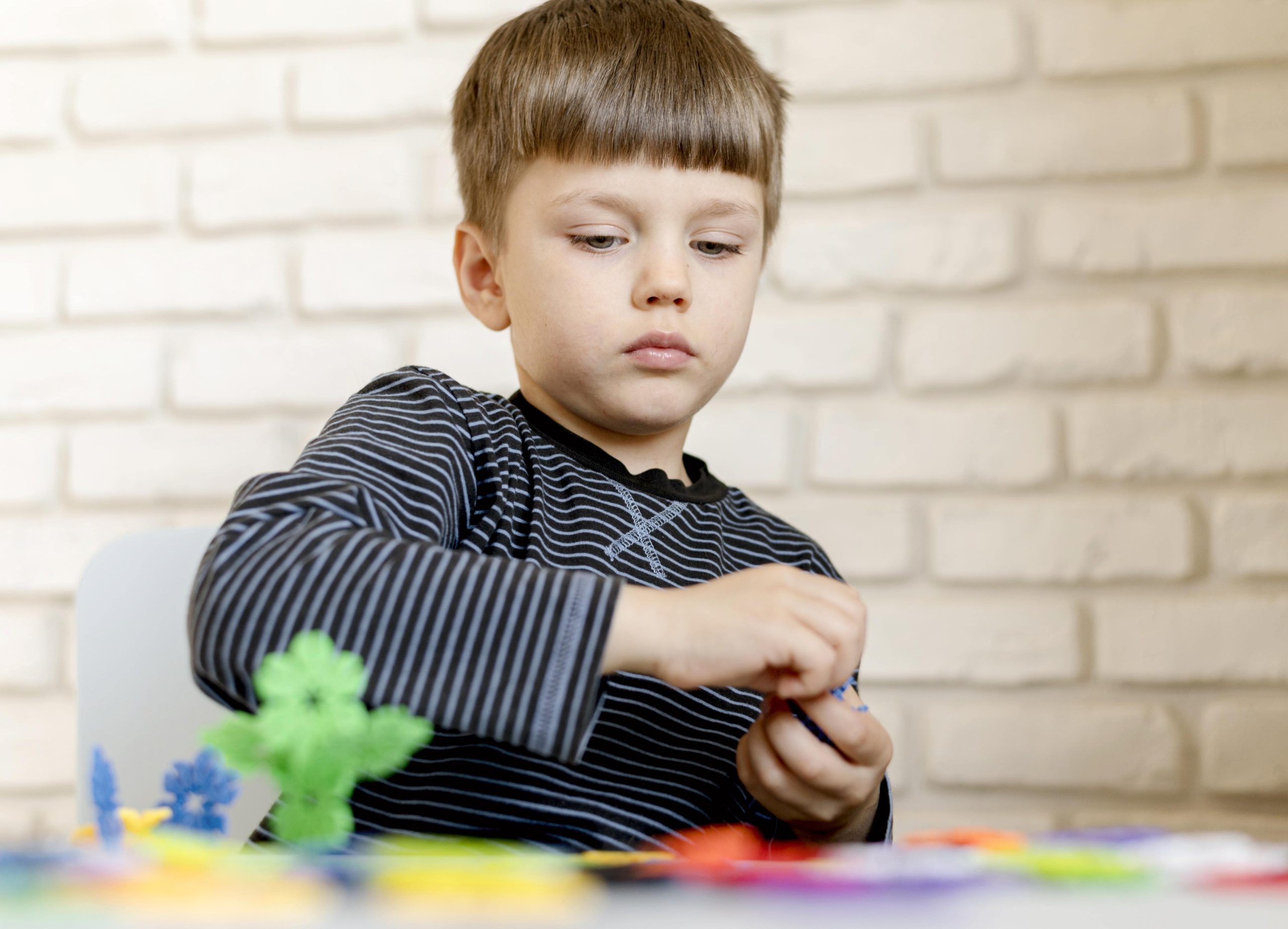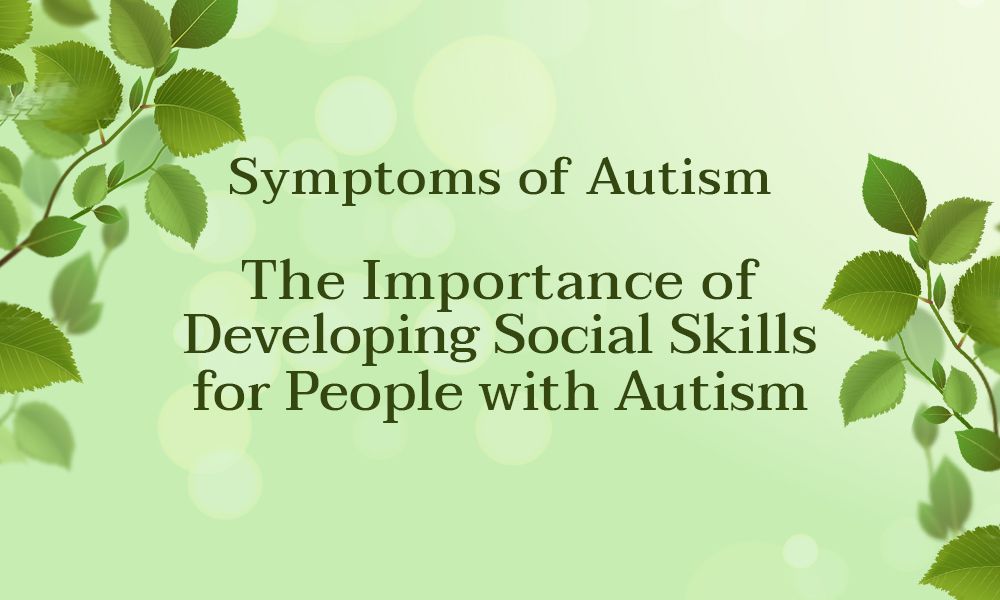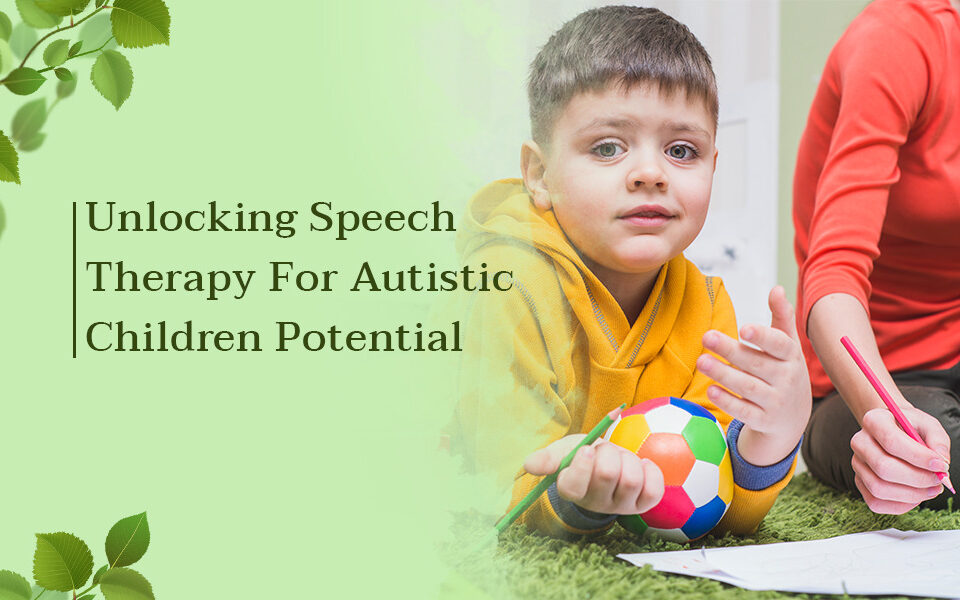- Jofa Tower 5th floor, SB-23, Block 13 C, Main University Rd, Gulshan-e-Iqbal, Karachi.
- +92 322 3746726
- tis@transformation.com.pk
Symptoms of Autism

Autism Treatment
June 23, 2023
What is Psychotherapy and Psychotherapy treatment?
June 26, 2023Symptoms Of Autism:
The Importance of Developing Social Skills for People with Autism
The major symptoms of autism include difficulties communicating and interacting with others, as well as a propensity for constrictive, repetitive activities and a challenge accepting change. These symptoms appear gradually, and parents of autistic children frequently become aware of them when their kid is two or three years old.
Parents must go above and beyond to learn how to raise a kid with autism since it presents special obstacles of its own. It is crucial to educate the kids on social skills for autism as early as possible since autism commonly impairs social abilities. It has been demonstrated that early intervention results in significant and long-lasting gains in a person with autism's skill development, which can help them become more independent in later life.
Toilet training is one of the first difficulties parents face while raising a kid with autism. It's crucial to give customized toilet training for autism since these youngsters may take longer to acquire this skill. Parents should experiment with several approaches until they find one that works for their child because not all kids react in the same way.
Developing Connections
Social skills are essential for forming and maintaining relationships. Having these abilities enables people with autism to interact with peers, family, and the larger community. Meaningful relationships can enhance their emotional well-being, provide support networks, and reduce feelings of isolation.
Improved Communication
Training in social skills can help autistic people communicate better. They gain knowledge of nonverbal clues, which are crucial components of effective communication and include body language, facial expressions, and voice tone. People with autism are better able to communicate their needs, comprehend others, and participate in conversations when they have improved communication skills.
Facilitating Inclusion:
Autism sufferers can participate more completely in social interactions and assimilate into a variety of environments by working on their social skills. Improved social competence enables them to engage in group activities, join clubs or organizations, and enjoy hobbies alongside their neurotypical peers. This inclusion may enhance a feeling of identity and general well-being.
Increasing One's Own Advocacy
Social abilities enable people with autism to advocate for themselves. They get the ability to speak out for themselves in a variety of social circumstances and to state their wants and preferences. Self-advocacy skills are essential for individuals with autism to navigate educational, vocational, and community settings effectively.
Reducing Anxiety and Stress:
Social situations can often be overwhelming for individuals with autism due to difficulties in understanding social cues and norms. By developing social skills, they can better understand social expectations, which can reduce anxiety and stress associated with social interactions. As a result, individuals with autism may experience increased confidence and comfort in social settings.
Enhancing Employment Prospects:
In the job, having strong social skills is highly prized. People with autism can improve their chances of landing and keeping a job by learning these skills. Positive working relationships and career success are influenced by effective social skills, including communication, cooperation, and collaboration.

Promoting Self-sufficiency:
Developing social skills empowers individuals with autism to become more independent in various aspects of their lives. It makes it possible for them to function more independently in everyday tasks, negotiate social settings, and make educated decisions. Gaining more freedom may boost one's feeling of self-worth and enhance one's quality of life in general.
Social skills are a crucial component of daily life that assist autistic children in understanding how to behave in a variety of social circumstances. These include playing with classmates at school and conversing with family members. The ability to develop these talents will help a youngster establish friends, learn from others, and find their own interests and hobbies. They foster closer ties among family members and frequently enhance a child's mental well-being and general standard of living.
Some of the methods that parents can use to teach their children social skills for autism include:
Social Interaction Modeling:
Children frequently pick up knowledge by watching the individuals around them. Parents should make every effort to set a good example for their children because they are their main source of social learning. All children need to see such modeling in order to develop social skills, but those with autism may not notice the behavior without verbal cues. Due to this, parents must also spend the necessary time explaining such situations to their children. The explanation is the key, so the parent should also give clear answers to any questions the child may have.
Practicing Play:
This is when parents act out a scene with their child using toys. For example, you can hug a doll, feed it, and then tuck it to sleep. Playing these games teaches the youngster to take turns, deal with winning and losing, and even follow rules. A parent and kid can play games together like hide-and-seek or Simon Says, or they can play more straightforward activities like passing a ball back and forth.
Role-Playing:
Often, playing a role helps a child to learn and practice the skills they need to deal with others in real-life situations. When a friend comes over, for instance, you and your child might simulate what games they will play with the buddy before playing those games with your child.
It is important to note that developing social skills for individuals with autism should be approached person-centered and individualized. Tailoring interventions and supports to each person's unique strengths and challenges can optimize the effectiveness of social skills training and promote successful outcomes.




